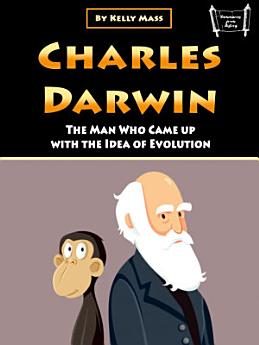Charles Darwin: The Man Who Came up with the Idea of Evolution
About this ebook
The Darwin family legacy created an intellectual atmosphere that nurtured scientific inquiry and independent thinking, as Charles's grandfather Erasmus Darwin had been one of England's most prominent natural philosophers, writing extensively about evolution and transformation in nature decades before his grandson would make such ideas scientifically respectable. Dr. Robert Darwin, Charles's father, was a successful physician whose imposing physical presence and sharp intellect commanded respect throughout Shrewsbury, while his mother Susannah Wedgwood came from the famous pottery family that had revolutionized ceramic manufacturing through the application of scientific principles to industrial processes. This combination of medical, industrial, and intellectual influences exposed young Charles to methodical observation and systematic thinking that would prove essential for his later scientific achievements.
The childhood experiences that shaped Darwin's character included both formal education and the self-directed exploration that revealed his natural gifts for observation and collection. His passion for gathering specimens—birds' eggs, minerals, insects, and shells—demonstrated the systematic approach and attention to detail that would characterize his mature scientific work. The natural history museum that he created in his bedroom reflected not mere hobbyist enthusiasm but genuine scientific curiosity about classification, variation, and the relationships between different forms of life. These early collections provided practical experience with the diversity of living things while developing the observational skills that would prove crucial during his later voyage on HMS Beagle.








